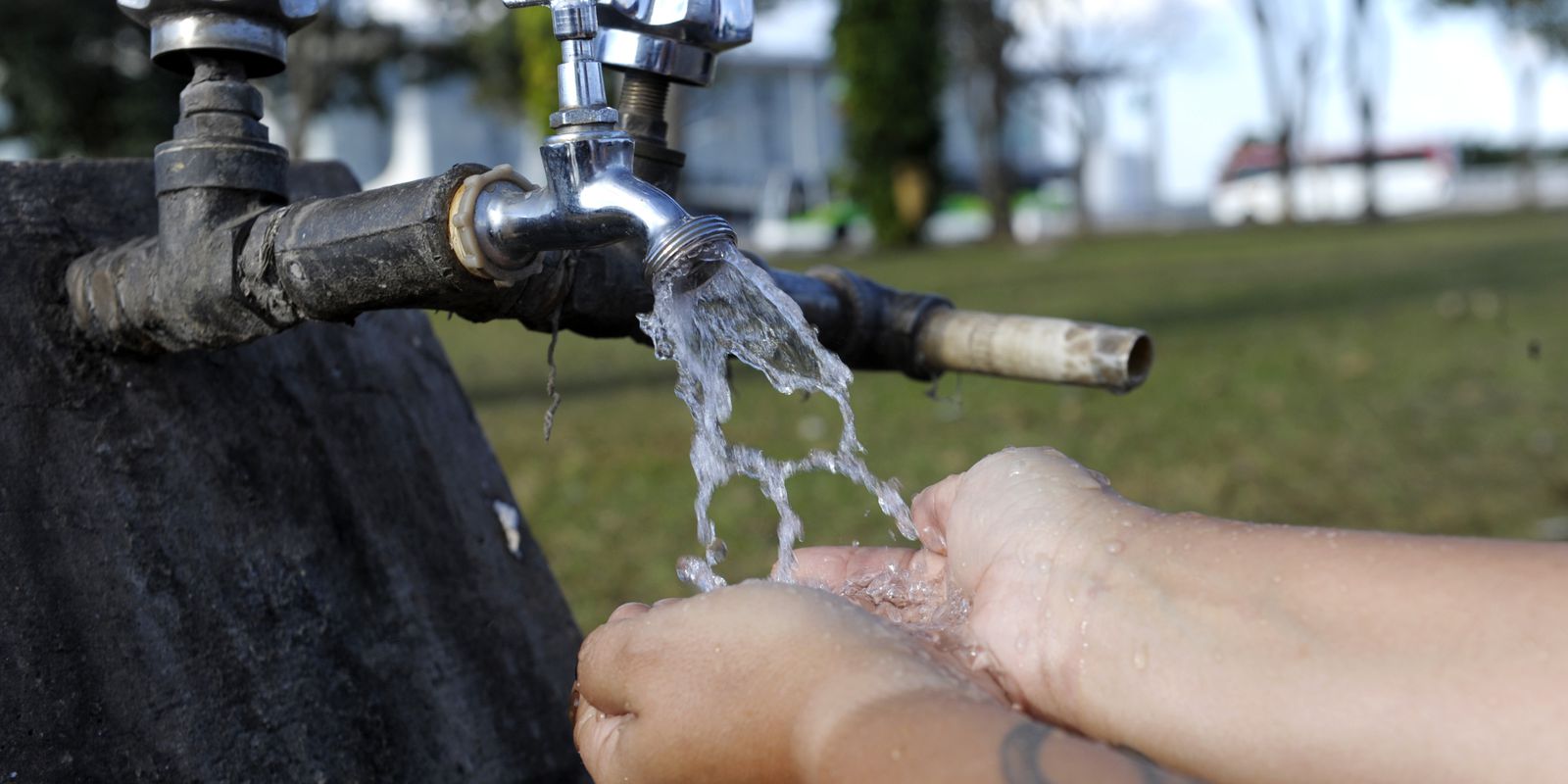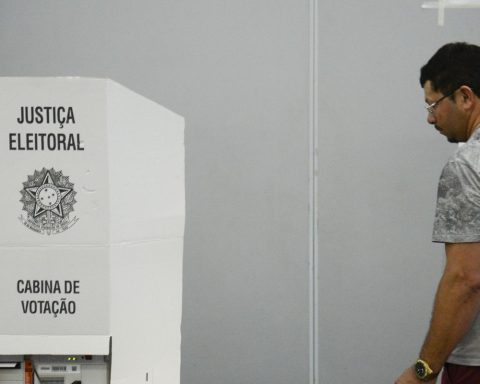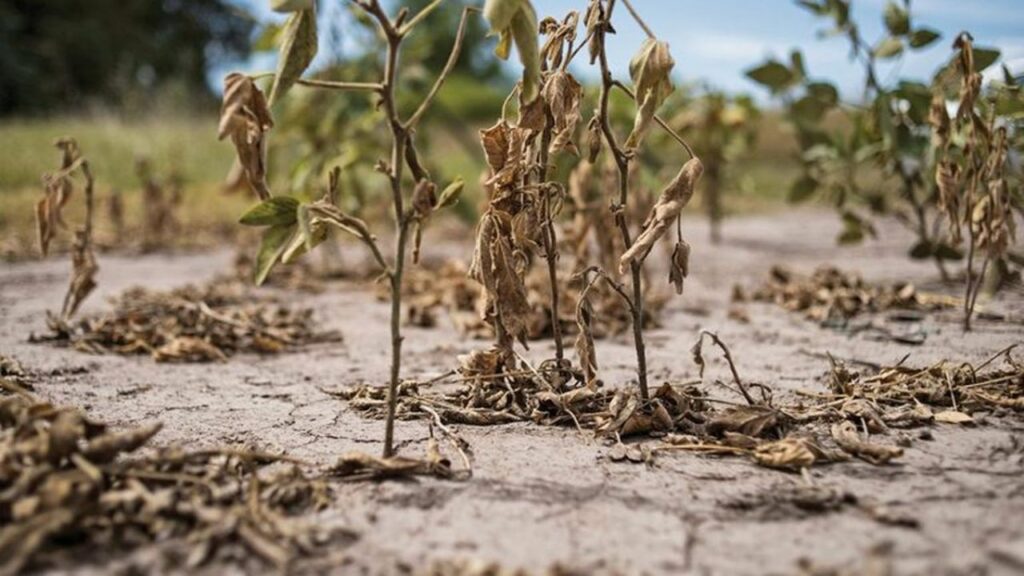A survey by the National Confederation of Industry (CNI) shows that 74% of Brazilians say they are “environmentally conscious consumers”. Of just over 2,000 people surveyed, 30% say they always adopt this habit and 44% say they sometimes do.
The survey Portraits of Society: Sustainable Habits and Conscious Consumption, released today (18) by the CNI, also shows a different perception of the interviewees in relation to the people who live in their state. For them, only 32% of the state’s population adopt environmentally sustainable habits, with 7% always adopting this habit.
Brands that associate themselves with sustainable practices tend to be well regarded by consumers. The survey notes people’s growing concern for the environment when they go shopping.
“The way in which the goods they consume are produced has influenced the choice of brands that adopt more sustainable practices”, details the research, based on the fact that “half of consumers check whether the product was produced in an environmentally sustainable way, being 24% always and 26% most of the time”.
In 2019, a similar survey indicated that only 19% said they always check this information, while 19% did it sometimes.
Organic products
The consumption of organic products (without pesticides or chemical fertilizers) is more noticeable among people with higher incomes. According to the survey, 38% of respondents are willing to pay more for products of this type. In 2019, the percentage was 36%.
“Among those earning more than five minimum wages, 53% buy this type of food even though it costs more, while in the range that earns up to one minimum wage, the percentage drops to 28%”, says the survey.
The highest income ranges also consume products that adopt procedures that cause less suffering to animals. According to CNI, 38% of those interviewed said they were willing to spend more for similar products that do not adopt practices that are harmful to animals. In 2019, there were 37% of respondents.
The research reveals, however, difficulties in finding environmentally sustainable products on the shelves, even with the growing demand for products. This is the perception of two thirds of respondents, while 26% say they have easy access to them.
Recycling
According to the survey, the portion of the population that recycles materials is growing. “Practically seven out of ten Brazilians (69%) usually separate materials for recycling – 31% say they do not”.
The share of respondents who destine materials for recycling is greater than that recorded in previous surveys (55% of respondents in 2019; 47% in 2013). The material that is most separated for reprocessing is plastic (pet bottles, for example), cited by 76% of respondents. In second place is aluminum, with 56%, followed by paper/cardboard/newspaper (53%) and glass (47%).
“Compared to previous editions, there was a significant drop in the share of the population that mixes electronic waste with the rest of the waste. In 2013, 21% of the people surveyed said they did not do this separation, falling to 12% in 2019 and to 9% in 2022”.
The research also identified the reasons that hinder the culture of recycling. In first place, cited by 32% of respondents, are the lack of habit and forgetting to separate. Second, remembered by 18%, is the lack of selective collection in the street, neighborhood or city.
Waste
Seven out of ten Brazilians say they “always avoid” wasting water, while 20% say they do it “most of the time”. The survey also indicates that 53% say that reusing water is a “frequent habit”. For 20%, this practice is adopted “sometimes”.
Among those interviewed by the survey, 73% said they “always avoid wasting food”, while 16% adopt the practice “most of the time”.
With regard to unnecessary energy expenditure, 65% say they always adopt measures to avoid waste and 21% state that this is a practice they resort to most of the time. Reusing product packaging is another common practice: 46% say they always reuse it, while 22% do it sometimes.
The survey Portraits of Society: Sustainable Habits and Conscious Consumption interviewed, between October 8th and 12th, 2,019 people aged 16 and over in the 27 federative units. The margin of error is 2 percentage points, with a 95% confidence interval.
















